8 Professionals Weigh In: Favorite Expert Interview Methods
By Mariela Azcuy
Published June 2022
Expert interview methods have been a hot topic here lately. It’s partly because we’ve had an influx of new clients where we needed to know the why behind the work. Executive interviews allow you to attach expertise to broader trends, build storylines with legs, and express thought leadership.
We’ve often summarized this as value over features. Your product features will only get you so far, so we also focus on extracting the value. Executive interviews help extract that value. (There’s more where that came from. Sign up for our monthly newsletter here.)
We also recently produced this piece on the Discovery Interview, which formalized a long-standing process. It led me to speak with many interviewing experts to see what we had in common or what we could learn from each other.
These are some of my favorite interviewing techniques I heard.
8 Best Interviewing Techniques From Experts
Start Off on the Right Foot
“Be personable and make them feel at ease right off the bat. Ask them about themselves and then don’t try to fill in any silence. Let them process and think.”
Hannah Wiginton, SaaS/Tech Marketer and Copywriter
Consider a Two-Pronged Interview
“I share important questions ahead of time in a word or Google doc, and request email answers. I find that written responses are always more cohesive and thoughtful and people say exactly what they want to say.
But then, a few days later, I will do a video call or phone call after I’ve had time to review their answers. This gives me a chance to see where gaps are in the story, or where I want them to expand on an idea or an occurrence. And it allows me to hear their true ‘voice’’— their storytelling of an event, the words they use, the details they convey, the elation in their voice.
Between the two approaches, I find I’m able to craft a whole and interesting picture for the story I want to create.”
Limit Yourself
“Don't write too many questions ahead of time. If you have a long list of questions, sometimes you focus on asking the next questions rather than actively listening. Have maybe six-eight and leave room for follow-ups and organic discovery.
At the same time, ask one question at a time. As interviewers, we sometimes double or triple-up questions. In my experience, that leads to half answers. One question for one thought at a time.”
Ryan Paul Gibson, Founder at Content Lift
Use Repetition to Your Advantage
“Don't be afraid to repeat or rephrase a question. It's okay to make them work a little. It can reveal some choice phrases and key insights.”
Evan Thomas, Marketing Manager at Watsons Property
Seek Out Controversy
“I always like to ask ‘what’s your most controversial opinion on [topic X]’ or ‘what do most people get wrong about [topic X]’ because that’s where the good stuff comes out.”
Eric Doty, Content Lead at Butter
Leave Time for Final Input
“End the interview with two questions: 1: Is there anything I didn't ask that you think I should cover? 2: What's next for you or this industry that would make a great story idea for me to pitch to my editor?”
Carol J. Alexander, Home Improvement Writer
Explain the Next Steps
“Once you have what you need, tell them what to expect from you and when. Will you need more time with them? Feedback on a draft?”
Nicole Bump, Martech/Adtech Content Creator
Hidden Benefit: Turn Your Expert into a Client or Collaborator
“My favorite technique is sourcing interviews from people who are also your ideal customer. It’s fine to have others as well, but when you quote someone you’d love to work with they think positively of you and are much more willing to take a call and consider using your services/signing up to your product.”
John Doherty, Founder & CEO, Credo and EditorNinja
Anything to add? If so, send me a note and we may showcase your tip on our LinkedIn feed.










